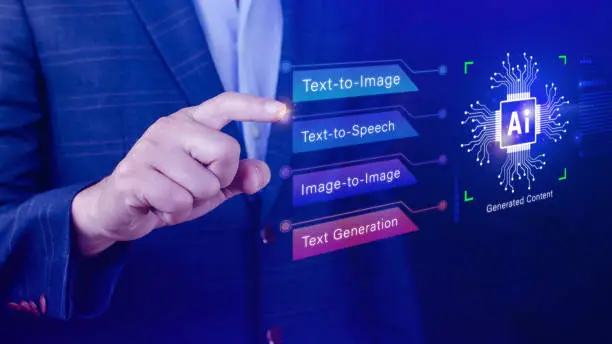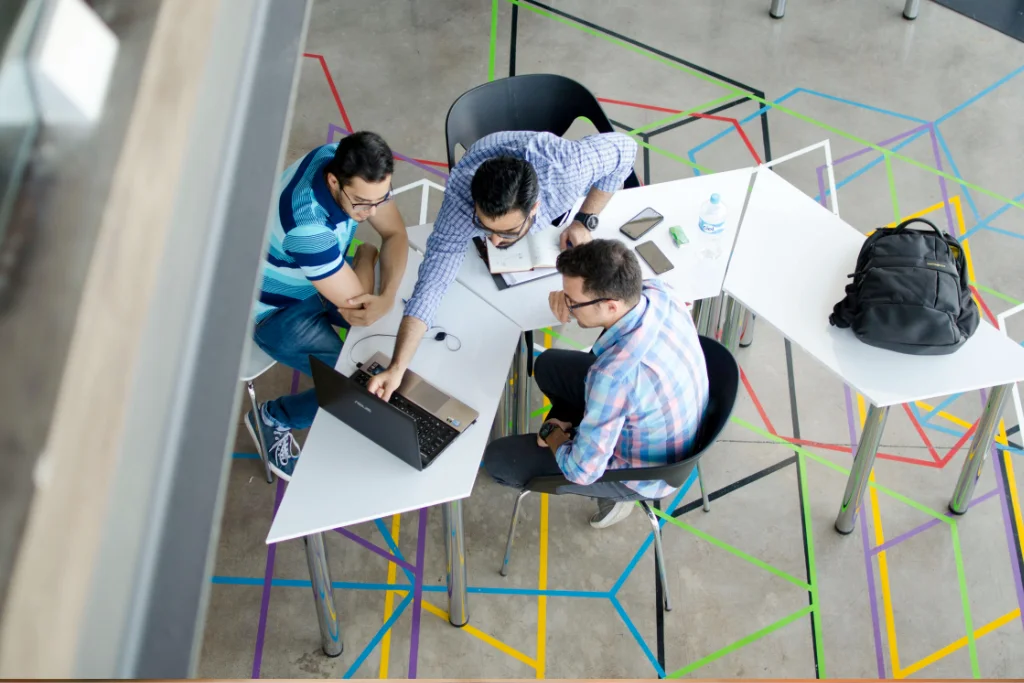The Future of AI in Everyday Computing
QUOTE:
"The future of computing isn't about machines getting smarter—it's about technology understanding us more deeply than ever before."
In just a few short years, artificial intelligence has shifted from an experimental novelty to a cornerstone of everyday computing. What was once confined to academic labs and enterprise systems is now seamlessly embedded in personal devices, applications, and services. As we navigate through 2025, AI is no longer just a feature—it's the interface, the engine, and the architect of the modern computing experience.

The Rise of AI-Native Experiences
From smartphones to smart homes, AI now shapes nearly every interaction. Thanks to major breakthroughs in edge computing and neural processing, intelligent systems have become faster, more private, and more responsive. AI no longer just reacts—it predicts, adapts, and enhances.
Personal devices now come equipped with AI co-pilots capable of managing everything from email summaries to photo editing, all in real time. Software is becoming context-aware, understanding intent rather than just commands. This marks a paradigm shift: computing is moving from command-based logic to conversation-based intelligence.Key Trends in 2025
- AI-Powered Personalization
- Seamless Multimodal Interactions
- Generative Workflows
💬 Excerpt:
Artificial intelligence is no longer a background tool—it’s the new core of personal and professional computing. Discover 2025’s biggest AI trends, performance benchmarks, and the future of seamless, intelligent digital experiences.
Performance Metrics
- Response Time: Sub-50ms average
- Power Efficiency: 40% less energy than 2023 models
- Inference Speed: Up to 4× faster than previous gen
- accuracy: 97% contextual recognition success
Accessibility
- Real-time offline translation across 45 languages
- Voice-guided app control for impaired users
- Adaptive UI for neurodiverse needs
- Customizable text size and contrast options
Looking Forward
The future of AI in everyday computing is poised to expand in depth and breadth. We anticipate the convergence of AI with wearable tech, ambient computing environments, and decentralized systems, where intelligence flows through every connected object. Privacy-preserving learning techniques, such as federated learning, will further enhance user trust and data integrity.
Ultimately, AI will not just support our digital experiences—it will define how we create, connect, and compute.



Search
Categories
Categories
Recent Posts
Nihil blanditiis at in nihil autem
Quidem autem et impedit
Id quia et et ut maxime similique occaecati ut
Laborum corporis quo dara net para
Et dolores corrupti quae illo quod dolor
Tags